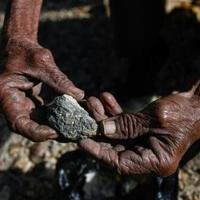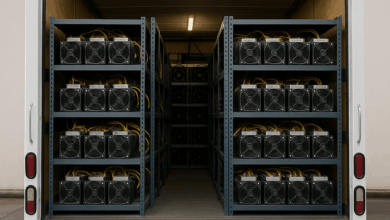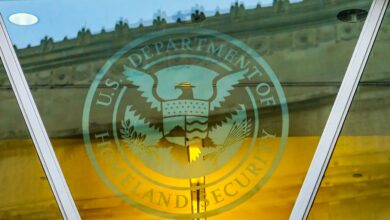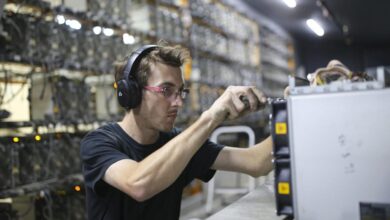El Salvador’s Congress on Monday approved a bill introduced by President Nayib Bukele to repeal a ban on mining gold and other minerals, much to the dismay of environmentalists.
The small Central American nation became the first country in the world to ban metal mining in 2017, warning of the harmful effects of the chemicals used, such as cyanide and mercury.
The move by Bukele’s predecessor, former leftist rebel Salvador Sanchez Ceren, reflects a growing rejection of mining by rural communities in the region.
But last month, Bukele, who is hugely popular in his country for his campaign against street gangs, indicated he wanted to change course.
Ernesto Castro, head of the ruling party-dominated legislature, said the bill on mineral remining had been approved by 57 out of a total of 60 deputies, while environmental activists protested nearby.
Critics fear mining could pollute the Lemba River, which runs through a potential mining area proposed by Bukele and provides water to 70 percent of the population of the capital and surrounding areas.
“This wretched mining will punish people, it will pollute our waters and rivers, and this is an attack on life,” activist Vidalina Morales told reporters.
El Salvador, a country with a population of 6.6 million, has “potentially” the largest gold reserves per square kilometer in the world, Bukele said last month.
“God has placed an enormous treasure under our feet,” he wrote on social media, calling the mining ban “ridiculous.”
“If we use our natural resources responsibly, we can change El Salvador’s economy overnight,” he said.
The new law stipulates that the state is the only entity licensed to search for, extract and process extracted minerals.
However, the government may do so through companies in which it owns shares.
The draft law prohibits the use of mercury in mining operations that may not be carried out in protected natural areas or places with important water sources.
A poll conducted by the University of Central America and published on Monday revealed that 59 percent of respondents do not consider El Salvador a “suitable country for mineral mining.”
Since El Salvador dollarized its remittance-based economy in 2001, it has recorded average annual growth of 2.1 percent.
27% of Salvadorans live in poverty, according to the United Nations Economic Commission for Latin America and the Caribbean, and 70% of the workforce works in the informal sector.
Elsewhere in the region, Costa Rica and Honduras have banned open-pit mining, and Panama announced a moratorium on new mining concessions last year after massive protests over plans for a massive copper mine.





